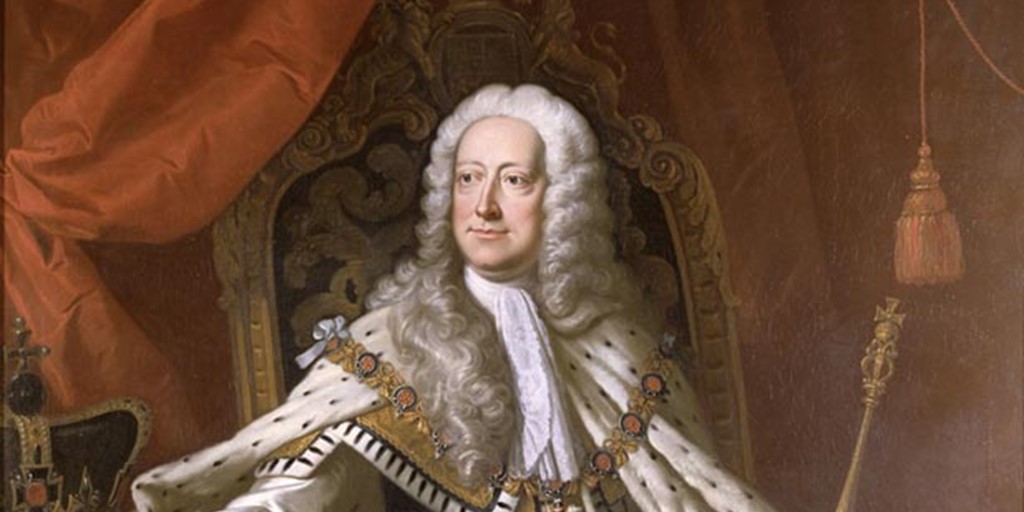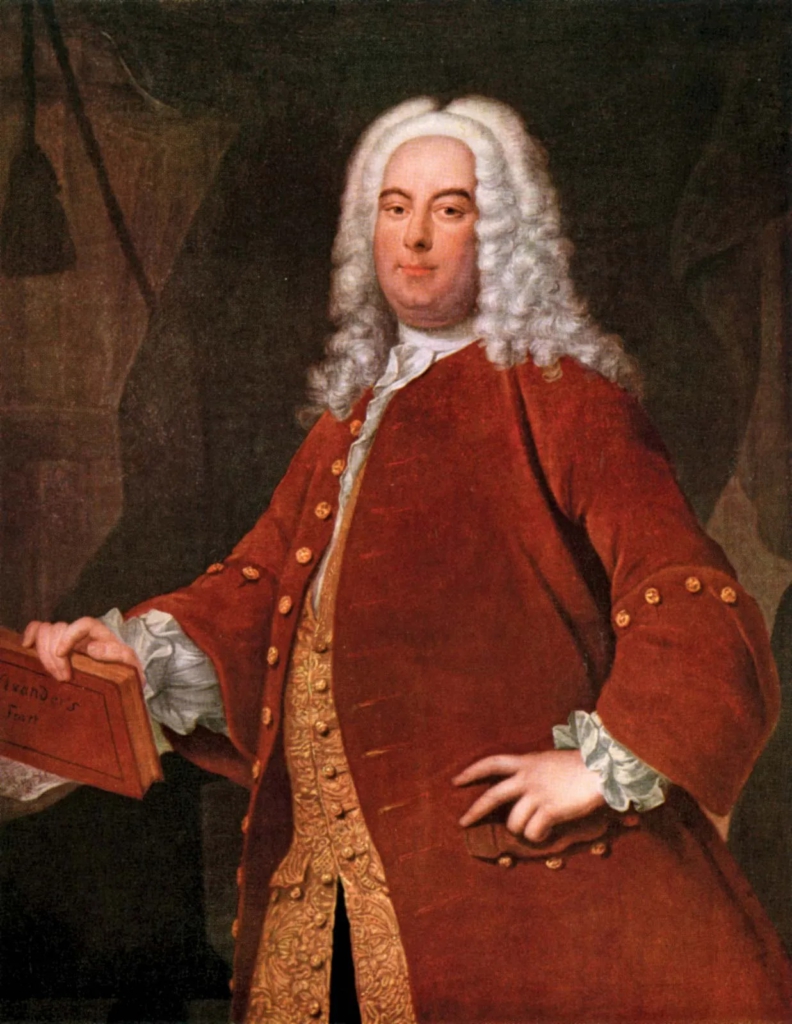Zadok The Priest: The significant anthem to usher King Charles into Edward’s chair
The world is just days away from witnessing a historic event – the coronation of King Charles III. His ascension might have been automatic, however, the coronation is crucial since it’s deeply rooted in British history.
Just like the monarchs before him, the Archbishop of Canterbury has to place King Charles on the famous chair of King Edwards.
Prior to this, the King ought to be anointed and it is during this spiritual moment that a significant anthem titled Zadok the Priest will be chanted.
The anthem has been sung at every coronation ceremony since the 18th Century and King Charles’ would be no different. It is believed to be the most sacred part of the whole event.
Now that this has been established, let’s understand the history behind the significant song.
The Zadok the Priest was specifically written when King George II contracted the German-British George Frideric Handel, to compose a set of regal anthems for his coronation. He sought to make statements with the songs that will be sung at his ceremony.
In the 18th Century, Britain was facing simmering political turmoil. Many Scots and English Catholics were in support of the descendants of the deposed King James II. When George I (of the House of Hanover) assumed the throne in 1714, he wasn’t popular among his people because he spoke German and not English. Not only that, he was a king appointed by Parliament.
And to some of his subjects, he was appointed by ‘men’ and not by God. In those times, religion played a crucial role in the power dynamics. I mean, King Henry VIII had to establish his own church [the Church of England] in order to divorce his wife because divorce was [and still is] against Catholic doctrines. Yeah, so now you get how important and powerful religion was at the time.
So for Parliament to sideline the descendants of King James II for George – who was born and bred in Germany – was a big deal to the English Catholics (Jacobites). There was a rebellion which was crashed. However, the fear of another uprising continued to persist.

As a successor, George II knew if the narrative remained the same he might face a similar uprising which could potentially end the House of Hanover’s reign.
In this quest, George II tasked Handel to turn to the Bible for inspiration. Or better still, a story that was similar to his succession and yes, the Baroque composer found one in the first Book of Kings.
The Bible tells the story of how King David of Israel, on his death bed was facing a succession crisis and after some deliberation, chose Solomon as his heir. In a grand ceremony, David’s most trusted advisors, “Zadok the Priest and Nathan the Prophet anointed Solomon as King.
Inspired by these words from the Holy Book, the renowned classical musician, Handel was commissioned by the King to write an appropriately-grandiose set of anthems for his coronation ceremony.
As music savvy as he was, Handel didn’t disappoint. He put his best foot forward and wrote four beautiful anthems; The King Shall Rejoice, Let Thy Hand Be Strengthened, My Heart Is Inditing and Zadok the Priest. But it is the last that has stood the test of time.
Zadok the Priest was first sung during the anointing of George II during his coronation on 11th October 1727. And for nearly 300 years, every British monarch has had Zadok the Priest sung at their coronation. It is traditionally performed during the sovereign’s anointing.
The anthem is anything but subtle. George II sought to make a statement with this anthem. He wanted to change the narrative. He aimed to be seen as a legitimate ruler in the public’s eye. So of course, the coronation songs were all regal, ambitious and show-stopping. And the one that stood out was Zadok the Priest.
According to music analysis, Handel masterfully made use of the exceptionally large forces placed at his disposal: “he divided the Chapel Royal choir, augmented by a further 47 singers, into six or seven voice parts, and wrote for a large orchestra in which the violins are divided into three (rather than the customary two) parts, with oboes, bassoons, trumpets and drums.”
The gent rocking string opening creates a sense of building anticipation through its gradual increase of harmonic tension which is suddenly released by a blaze of choral and trumpet sound.
Indeed, after the anthem was performed, it was an instant hit and has become an integral part of the British coronation tradition.
Moreover, Handel’s Zadok The Priest is said to have inspired many musical pieces including the well-known Champions League anthem.
So as the world looks forward to King Charles III’s coronation – on Saturday, May 6 – the glorious coronation anthem which has been ‘unsung’ for seven decades will re-emerge. And as a classical music lover, I just can’t wait.











Leave A Comment